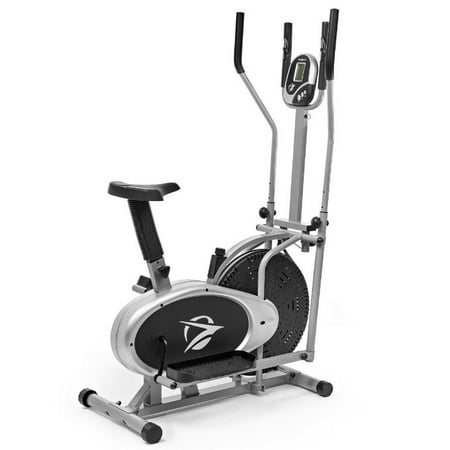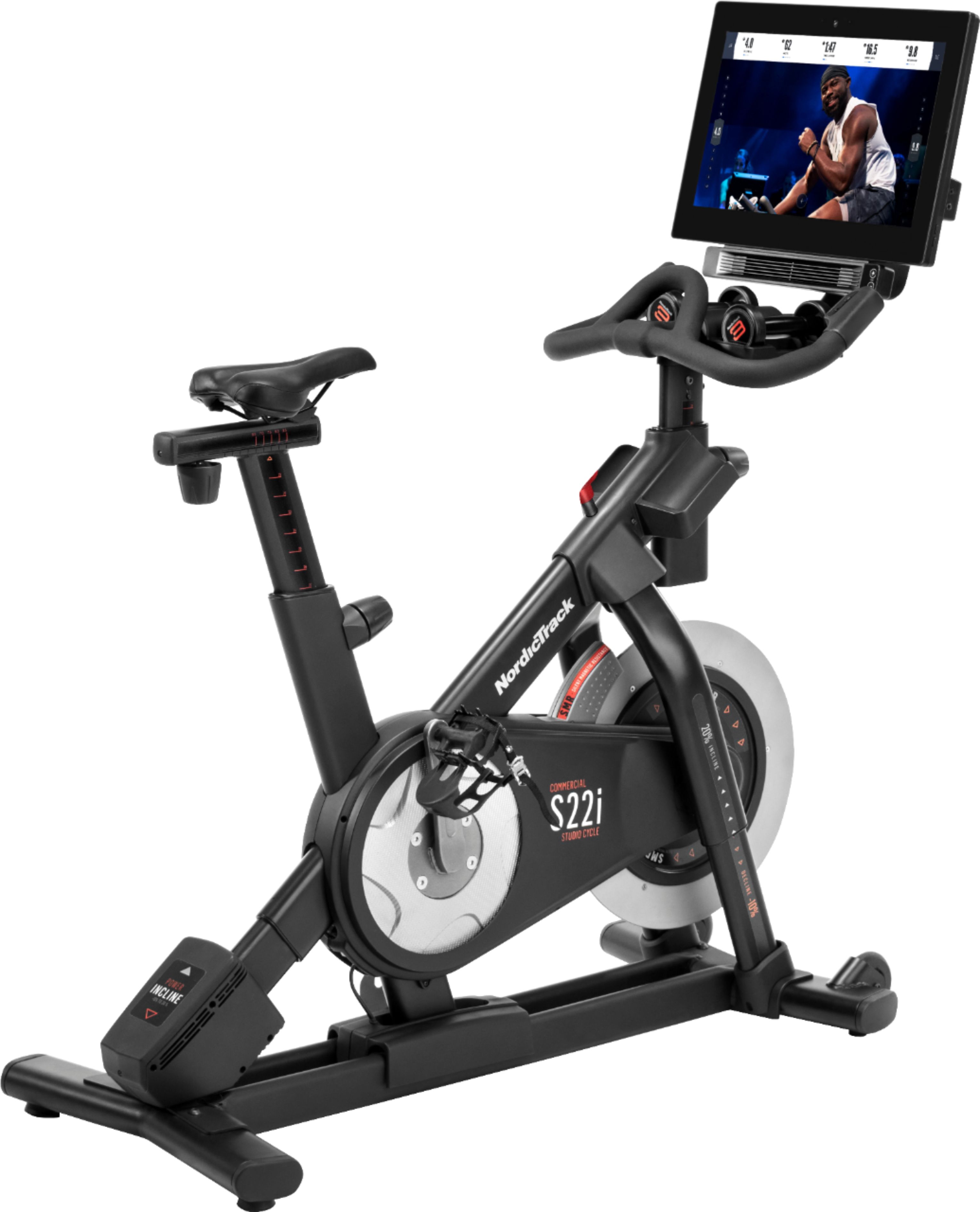Plasma Fit Elliptical Machine Cross Trainer 2 in 1 Exercise Bike Cardio Fitness Home Gym Equipment
2-in-1 Elliptical Cross Trainer Exercise Bike-Fitness Cardio Weightloss Workout Machine with Seat Pulse Heart Rate SensorsFeatures:Adjustable Resistance for High & Low Intensity Workouts – Multi Function LCD Display: Pulse, Time, Speed, Distance, Calorie & Scan Mode2 In 1 design that that propels the motions of an elliptical move teacher and a bike. Simulates Natural Walking Movements – Dual Direction Forward & Backward Elliptical Workout – Front Mounted Flywheel for Added StabilityExtra Wide Platform Pedals – Large Comfortable Seat – Front Wheels – Easy to Move Around the HouseAdjustable anxiety knob: you could alternate level as you want.Description:The elliptical motorcycle is compact, clean for garage. Suitable for indoor fitness device to feature to your private home gymnasium.Super comfortable to sit down on it,large seat cushion for humans of any length.Specification:Color: Black & greySize:103*66*151cmPackage Size:98*22.5*64.5cmMaterial: iron, ABS, PP, latexMaximum load:a hundred kgPackage Includes:1 x Home Elliptical Bike 1x Multifunctional Flower Piece Spanner3 x Inner Hexagon Spanner2x Battery










Reviews
There are no reviews yet.